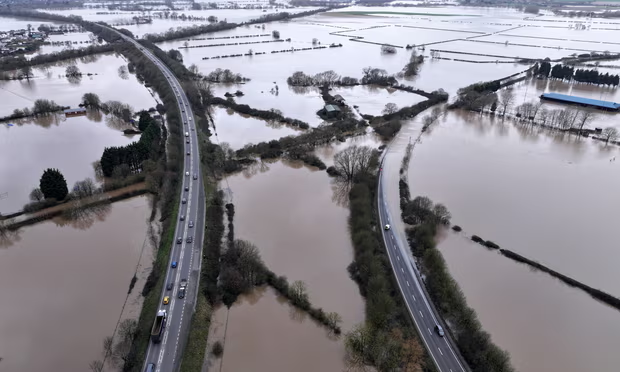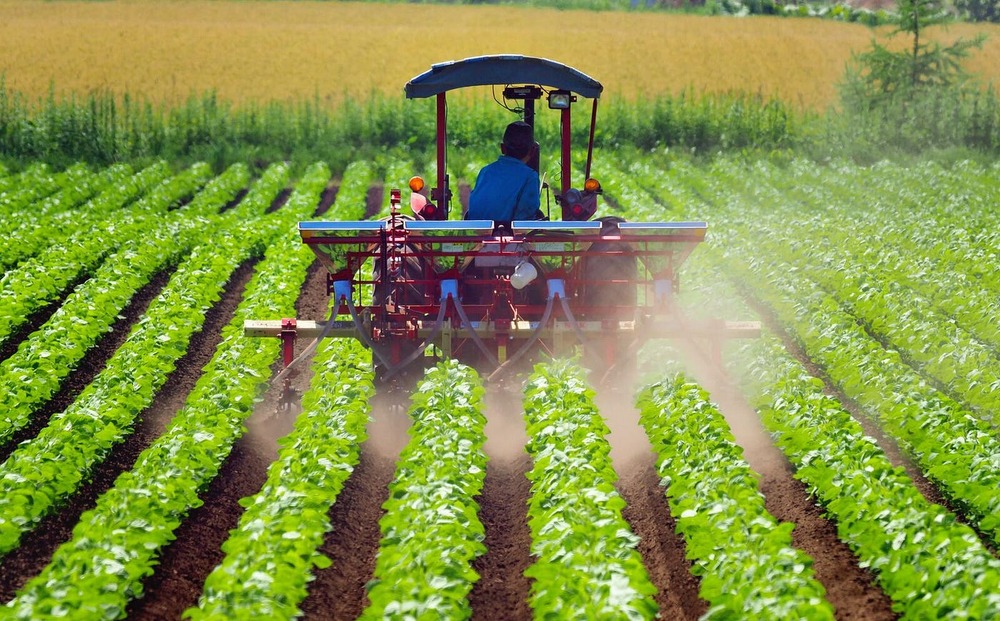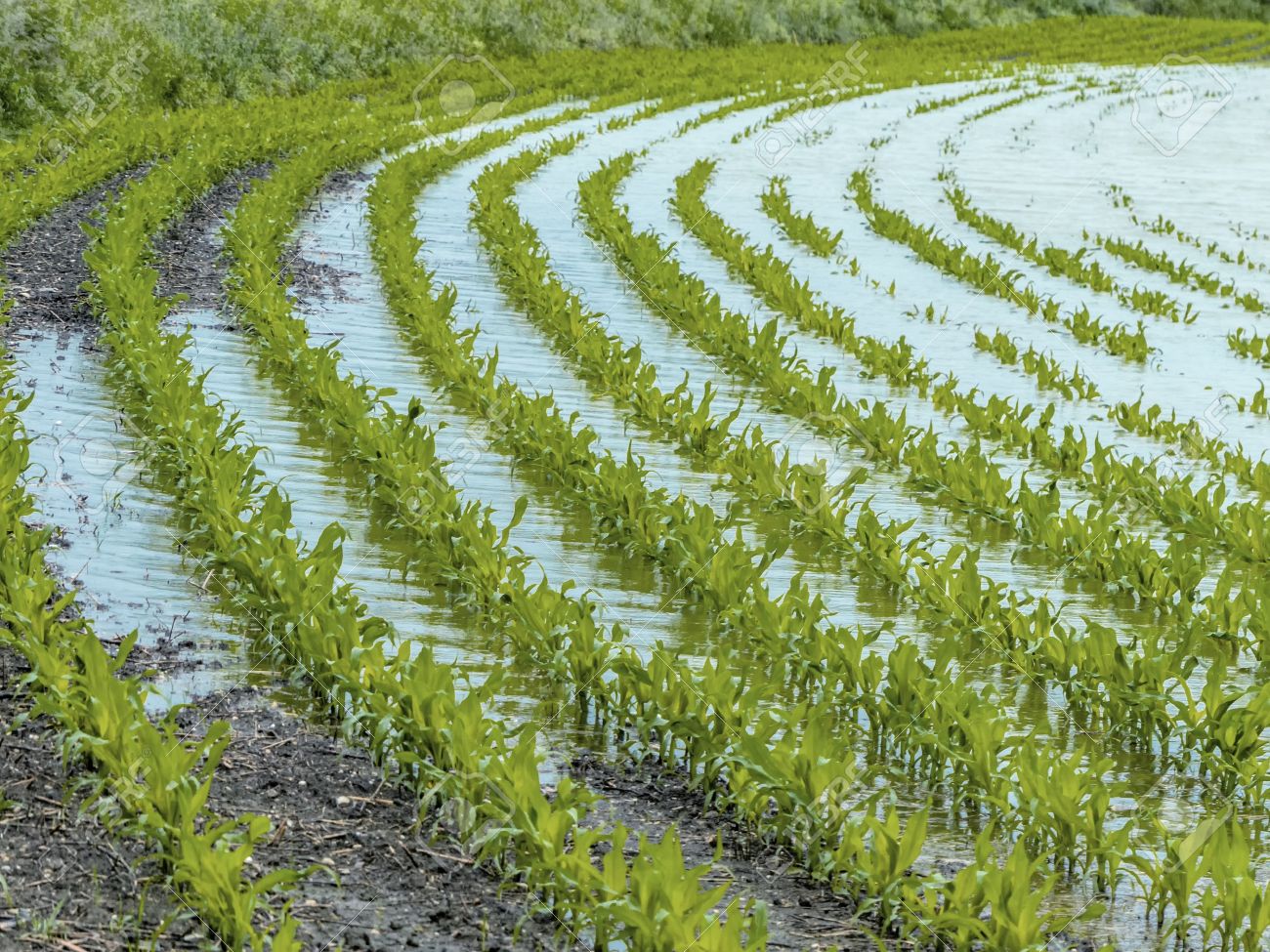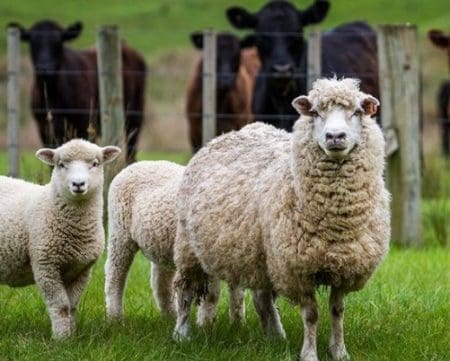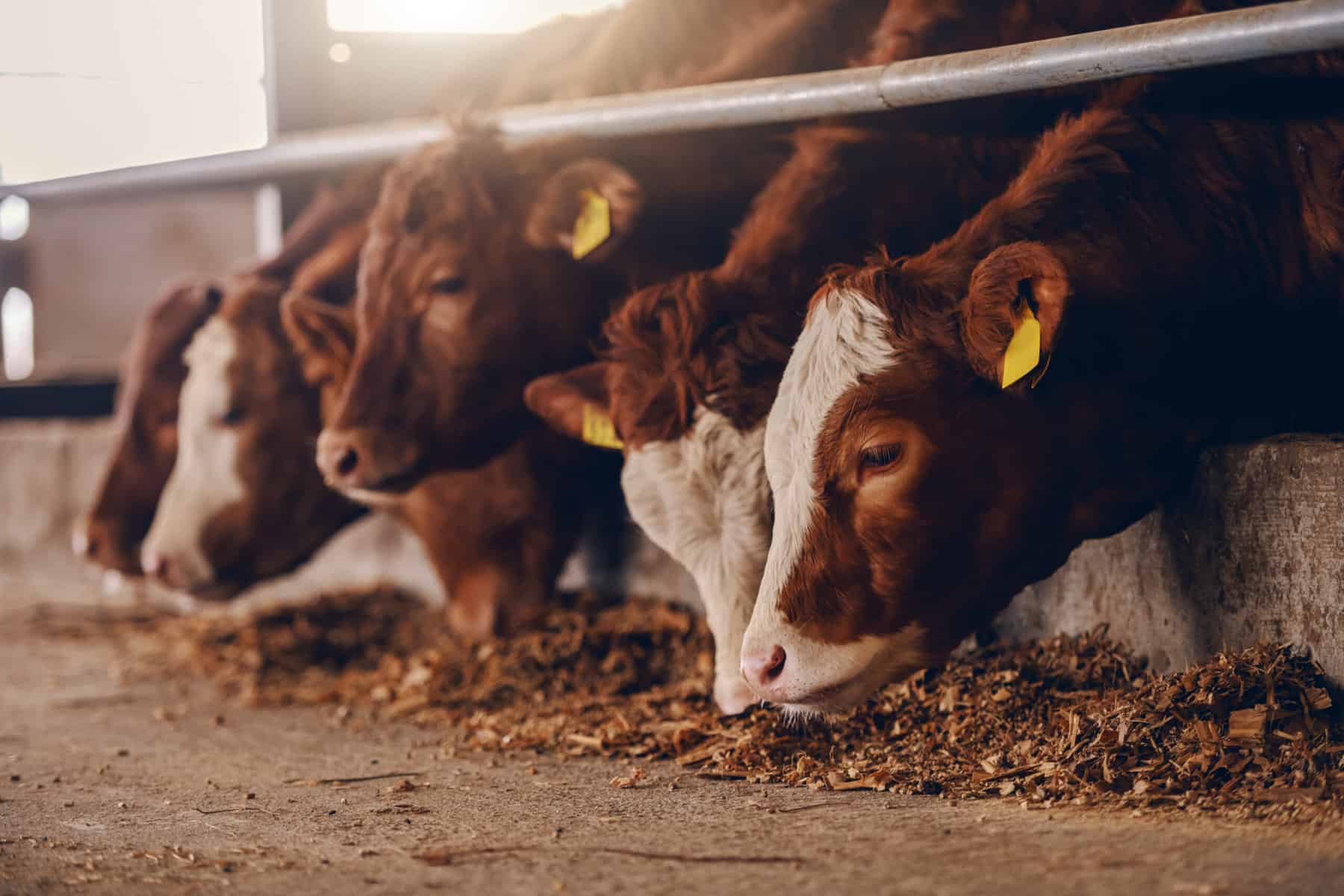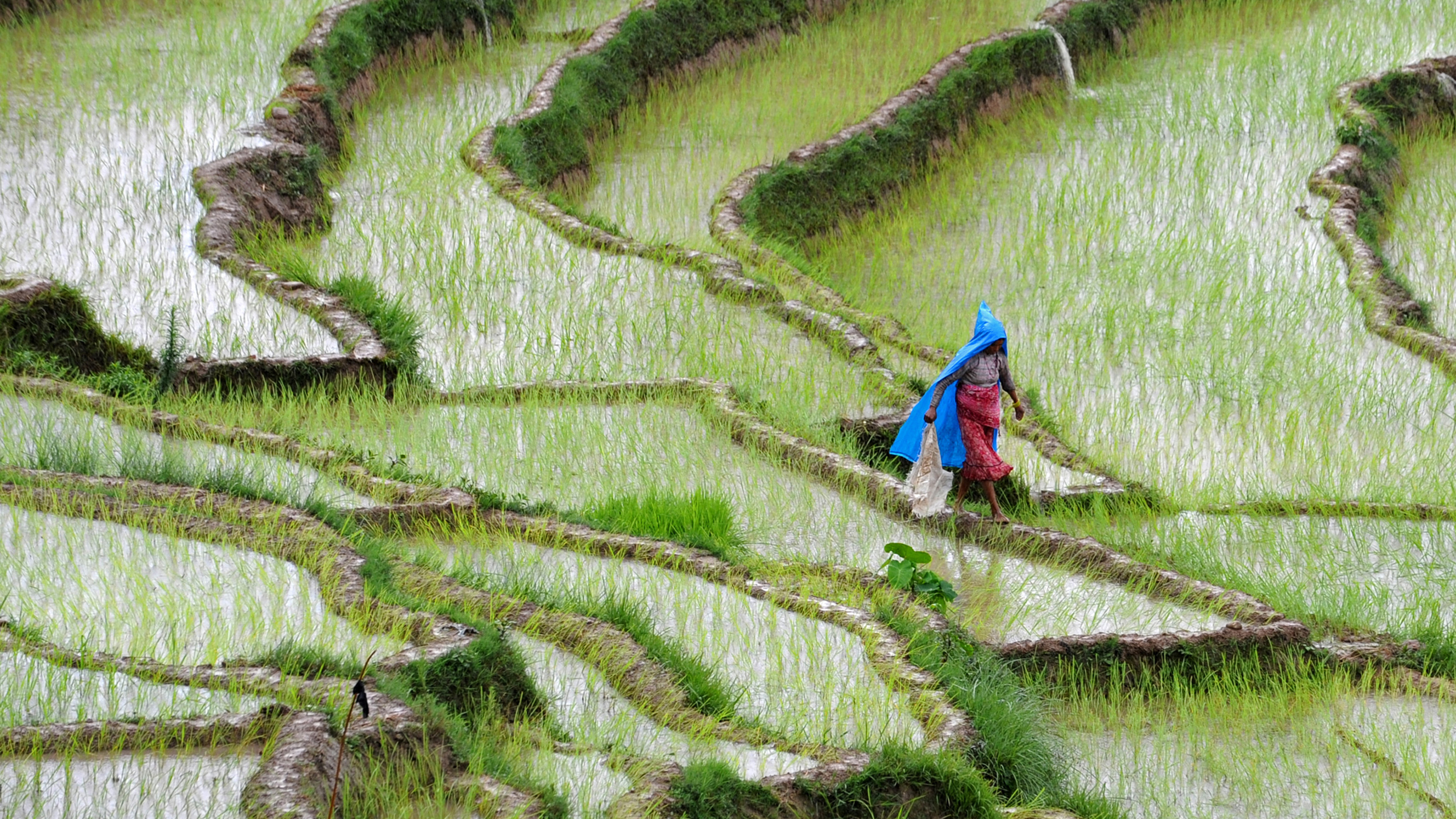Farming has always been a risky business. To the chaos of Brexit and the relentless squeezing of the supermarkets, we can add the rapidly escalating threats associated with climate change. In most industries, at the point where risk is judged to outweigh the potential commercial reward, both capital and people tend to make a swift exit, following economist Adam Smith’s “invisible hand” of self-interest.
The problem with farming is that most farmers are emotionally invested in their work. An exit is seldom considered – perhaps we should be more like the bankers, but they wouldn’t be much good at growing potatoes.
Around the world, farming practice evolves in response to past success. Over 30 years, I’ve recorded planting and harvest dates, temperatures and yields, using data to guide my decisions, just like generations of farmers before me. But over the past decade, as the pace of change in weather patterns has accelerated, the value of that accumulated experience has become increasingly irrelevant. For most farmers, this last year has been about grabbing rare, good weather windows and trying to make the most of wet conditions as we repeatedly fail to get crops sown.
As the risk of crop failure has grown, margins have shrunk, meaning there’s nothing in the bank to pay for the bad years. Farm-gate prices have been driven down to levels which, in a good year, just about cover costs, but leave nothing to cover crops lost to adverse weather.
Much of the UK’s arable land was unpassable with machinery from mid-October to mid-April. Many farmers couldn’t sow an autumn crop of barley or wheat and the crops that were sown often failed or rotted in waterlogged seedbeds. By the time it was dry enough to sow, it was too late to establish an economically viable crop. For the worst affected, the loss is near 100%, with the UK’s wheat, barley, oats and oilseed rape production projected to drop 17.5% this year.
In horticulture, the biggest problem has been delayed spring plantings, pushed back to late April. For lettuce, this six-to-eight-week delay in planting will shorten the season by up to three weeks as well as disrupting sales and work patterns (and annoying customers through failure to supply). Even assuming that the rest of the summer is favourable, this loss of time from a 20-week season is catastrophic for a grower operating on the tightest of margins: any chance of a profit gone before we sow the first seedling.
I also read, with mounting frustration, suggestions by some academics that rising temperatures and levels of CO2 in the atmosphere increase the potential for photosynthesis and, therefore, crop yields. Farmers don’t work in a lab. It is not averages that determine our crop performance, it is the extremes that have to be managed in order to give the crop any chance of approaching its theoretical maximum yield.
As a result of poor UK harvests, there is also mounting anxiety over rising beer and bread prices. Most farmers receive less than 1% of the profit made from the food they grow. About 5p of the price of your pint is accounted for by the cost of the malting barley used in its brewing, and for bread, it’s between 10p and 20p per loaf, for the wheat used to bake it. If farmers achieved a (very unlikely) 30% price rise to compensate for an anticipated 30% yield loss, it would add a few pennies to the price tag. I suspect much of the public would support these modest, justifiable increases if it meant keeping British farmers in business.
Unfortunately, that’s not how our food system works. Of the 20% food inflation experienced by the public (supposedly attributable to picking labour, fertiliser and fuel price rises due to the Ukraine war) a minuscule proportion made its way back to the farmer. Tesco made a £2.3bn profit last year, while 49% of fruit and veg farmers fear they’ll be out of business before the end of this one. Money talks.
To achieve resilience in the face of these challenges and changes, farmers also need to invest in a transition which removes some of the risks of extreme weather events. Perhaps a sign of things to come is the strawberry industry, where in the past 30 years things have moved from being 90% outdoors to 90% indoors. On a broader scale, farmers must also invest in their soils – particularly improvements in structure, achieved through careful cultivations and preservation of organic matter, which allows faster percolation of rainfall, resulting in reduced runoff and risk of soil loss.
Change costs money, but where will it come from? Some might come from government funding or the “public money for public goods” advocated by Michael Gove and his successors, but the reality for most farmers is that green schemes and increasing environmental legislation – although wholly necessary – also demand costly modifications to farm practice, and (at best) just about cover the cost of implementing them in the first place.
In many cases, the only thing sustaining the farming industry is the emotional commitment of the farmers. Most of us love what we do, but that is not enough to save an industry that has been on its knees for decades. According to my calculations, to have any chance of a robust green transition and consequent food security, farmers need an average 20% price rise, in addition to being paid for those all too often taken for granted “public goods".
Source - https://www.theguardian.com


